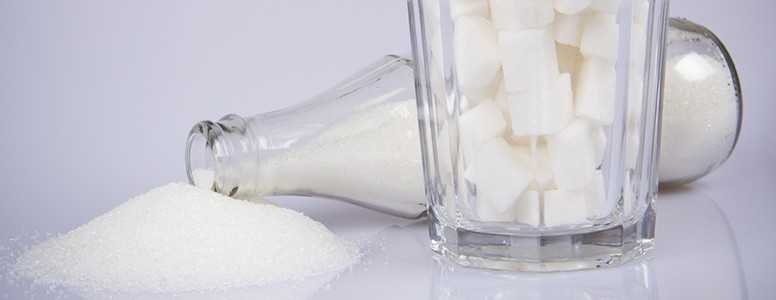A review of 36 studies has revealed that regular sugary drink intake increases the risk of type 2 diabetes and other health complications.
Scientists from Stellenbosch University in South Africa investigated fizzy drink and fruit drink consumption and its association with metabolic syndromen, the name given for a cluster of health conditions such as heart disease, stroke and type 2 diabetes.
The research studies included were all from the last 10 years and most of the studies included people who drank more than five sugar-sweetened beverages a week.
Regularly drinking soda or fruit drinks was shown to not only significantly increase the risk of developing type 2 diabetes but also metabolic syndrome and hypertension.
“The findings demonstrate there is a clear need for public education about the harmful effects of excess consumption of sugar-sweetened beverages. But our understanding of this topic would benefit from additional research to further clarify how sugar-sweetened beverages affect our health,” said senior author Professor Faadiel Essop.
“Sugar-sweetened beverage consumption is steadily rising among all age groups worldwide. Our analysis revealed that most epidemiological studies strongly show that frequent intake of these beverages contributes to the onset of the metabolic syndromen, diabetes, and hypertension.”
The regular consumption of sugary drinks increases the risk of type 2 diabetes because excess sugar leads to fat storage in the liver. Fatty liver is a growing and serious problem in the modern world. It leads to insulin resistance, type 2 diabetes, and a range of other serious health problems including heart disease, polycystic ovary syndrome (PCOS) and a greater risk of certain cancers.
People with existing diabetes are advised to avoid sugary drinks, except for when treating hypoglycemia, while cutting out sugary drinks can help people lose weight, improve their blood sugar control and reduce their risk of long-term health complications.
The study was published in the Journal of the Endocrine Society.
Editor’s note: Research suggests that a healthy diet can help reduce the effects of sugar cravings. Want to take control of your health? Our acclaimed Low Carb Program will give you step-by-step guidance towards a new lease of healthy life.
What's new on the forum? ⭐️
Get our free newsletters
Stay up to date with the latest news, research and breakthroughs.







